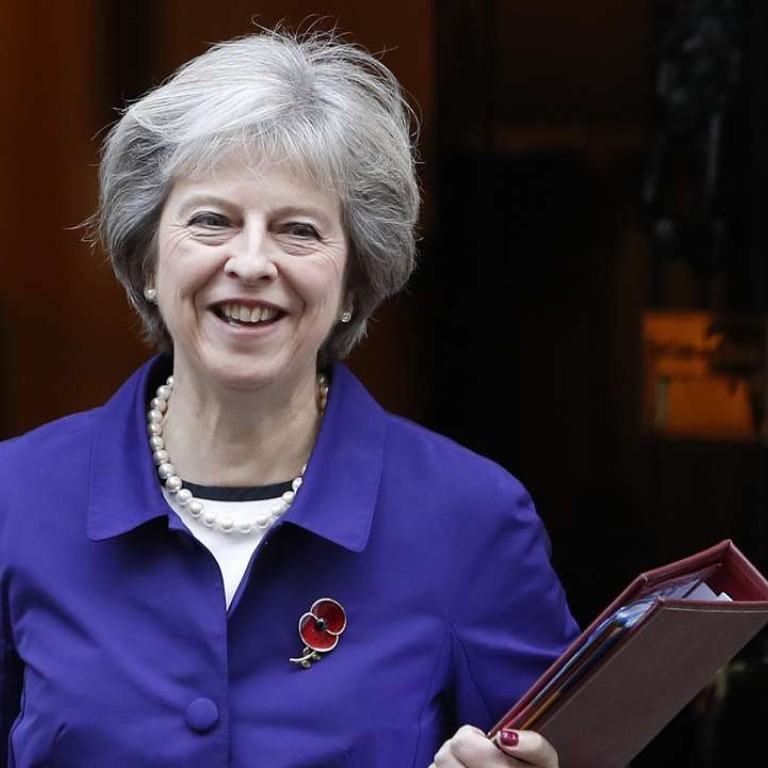
PM May’s passage to India preparation for post-Brexit trade freedom
British Prime Minister Theresa May will use her first bilateral trade trip since taking office to try to boost ties with India before leaving the European Union.
May’s office said the visit starting on Sunday night would focus on breaking down barriers to trade and investment and paving the way for a free trade deal as soon as possible after Brexit, which is not expected to happen before 2019.
[India trip is] expanding our horizons and forging stronger partnerships with countries around the world
Explaining the choice of India, a government official said: “It matters now more than ever. India is the fastest-growing major economy.”
May said the trip was about seizing the opportunities of Brexit and “expanding our horizons and forging stronger partnerships with countries around the world”.
“This is a partnership about our shared security and shared prosperity. It is a partnership of potential. And on this visit I intend to harness that potential, rebooting an age-old relationship,” she said in a statement ahead of the visit.
May, accompanied by trade ministers Liam Fox and Greg Hands and around 40 business representatives mainly from small- and medium-sized technology and health care firms, will address a technology summit, have a working lunch with Indian Prime Minister Narendra Modi and meet businesses.
Her office said commercial deals to be signed during the trip were expected to create a total of 1,370 jobs in Britain.
One potential area of difficulty is her plan to curb the annual level of net migration to under 100,000 from its rate of more than three times that. India is keen for Britain to welcome more of its students and skilled workers.
India is the only major non-European country willing and able to host her at this time, explained Kanti Bajpai, Wilmar professor in Asian studies at the National University of Singapore.

Washington is caught up in a tumultuous presidential election and Britain-China relations are presently rocky, so New Delhi was the best choice, he continued.
May and Modi will also launch a partnership on smart cities and urban development which could generate business worth up to £2 billion for British firms over the next five years, her office said.
Britain will press India to allow its law firms to operate there, and will also offer its government expertise in areas such as deregulation and tax to help make India a more attractive business environment.

The government has not given away much detail about its Brexit plans, with May only saying it wants the best deal to “trade with and operate within” the EU’s single market.
Some have suggested that if Britain stays in the EU’s customs union it will not be able to strike trade deals with third countries such as India, but the British official disputed this.
“Turkey is in the customs union but has trade agreements with third countries,” the official said.
Turkey has free trade agreements with 18 countries including in Asia, north Africa and South America, while another 12 including Japan and Mexico are actively under discussion, according to the Turkish economy ministry website.

